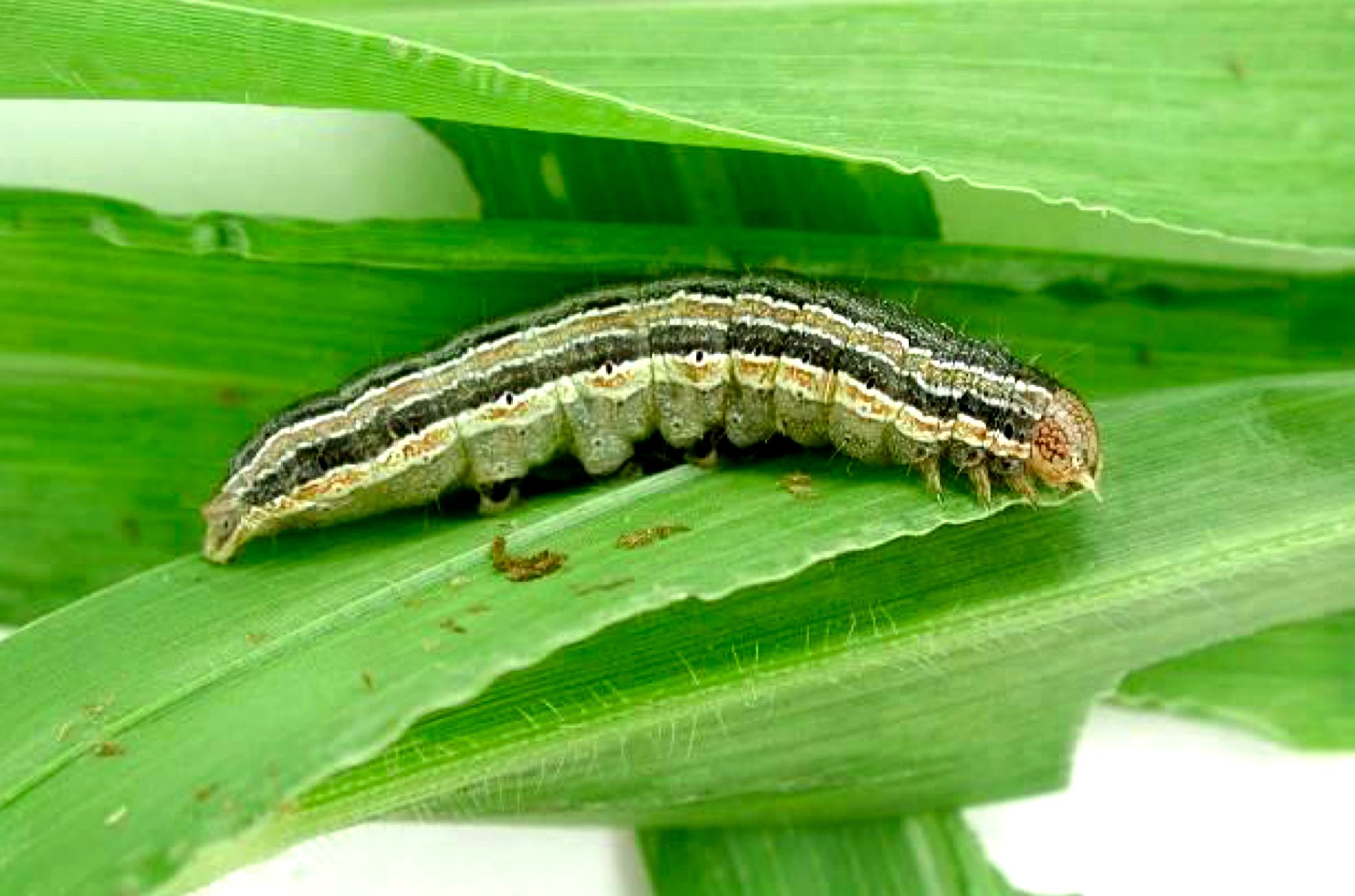Pests and diseases can have damaging effects on the agriculture industry and significantly compromise trade across countries in West Africa. Without a proper understanding of the latest state of pests and diseases and a coherent policy for their control both at the national and regional levels, West Africa’s coveted ambition to market seeds across borders could be at serious risk.
This explains why CORAF is convening over 40 experts from 16 West African and Sahel countries in Bamako, Mali, between 29 and 31 July, 2019, with the overarching objective of establishing and updating the national and regional quarantine pests list for which seed is the pathway of infestation.
Officials from Economic Community of West African States (ECOWAS), the West Africa Economic and Monetary Union (UEMOA), and the Permanent Interstate Committee for Drought Control in the Sahel (CILSS), as well as donors, will also join. Funding is provided by the Partnership for Agricultural Research, Education and Development (PAIRED), a USAID-funded initiative implemented by CORAF.
Seed trade across West Africa has grown considerably since the harmonization of seed regulations. Developing the list of the pests and diseases for seed will be another step forward. Sections 76 and 78 of the rules requires the periodic updating of the national quarantine pests list.
“Without an updated national pest list, a phytosanitary risk of dissemination of pests and disease remind higher and delivering phytosanitary certificate which is critical for transporting seeds across the border can be a challenge. This highlight the importance and consideration of the work we shall be doing in Bamako,” says Dr. Yacouba Diallo, the agri-input specialist working with the PAIRED program at CORAF.
A West Africa regional quarantine pests list is expected to emerge at the end of the Bamako workshop marking a further step towards the full implementation of the harmonized seed regulation in West Africa.
Inspectors at land, air, and sea borders do not often have adequate and updated tools to enable them to recognize the pests. The outcomes of workshop will be used to develop the executive manuals and other support documents to allow proper inspection and phytosanitary certification of seed lots by National plant protection officers.

Robust and scientifically-proven criteria and International standards shall be used to establish the regional quarantine pests and diseases list for crops identified as priority crops by ECOWAS. This includes rice, sorghum, maize, millet, cowpea, groundnut, etc.
A validation and dissemination process of the regional pests and diseases list for seed will start soon after the Bamako meeting. This involves the adoption of the list at the fifth statutory meeting of the Regional Seed Committee to be held in Abuja, Nigeria in September 2019. Thereafter, ECOWAS, UEMOA, CILSS will submit the list to their respective council of Ministers of Agriculture for adoption.
 English
English
 Français
Français 
